Journalists Under Siege: The Impact of PECA Amendments on Press Freedom and Safety
By: Sheraz Ahmad Sherazi
In Pakistan, the journalist’s pen increasingly feels less like a tool for truth and more like a weapon turned against them. The controversial amendments made to the Prevention of Electronic Crimes Act (PECA) in 2025 have transformed a law originally designed to protect against digital threats into a mechanism for silencing independent journalism. Reporters across the country—especially those working online—face arrests, harassment, and constant surveillance. From prominent news anchors in major cities to rural stringers in remote areas, the chilling effect of PECA has spread widely, raising questions about freedom of expression, legal overreach, and the fragile future of press liberty in a democracy under strain.
Harmeet Singh, a Sikh journalist and anchorperson, was among more than 150 individuals charged by the Federal Investigation Agency (FIA) in December 2024 under the Prevention of Electronic Crimes Act (PECA), 2016. The charges stemmed from accusations of “spreading false narratives” against state institutions during PTI-led protests in Islamabad.

“Journalism is not a crime,” Singh said, “but the way PECA is being used, it feels like one. My arrest was an attempt to silence not just me, but many others who dare to report the truth.”
Asif Bashir Chaudhry, General Secretary of the Rawalpindi-Islamabad Union of Journalists (RIUJ), also faced charges. “The government is using PECA as a weapon to suppress independent journalism. Journalists are being silenced under vague and broad legal provisions,” he said.
Their warrant cited the Prevention of Electronic Crimes Act (PECA)—the same cybercrime law originally designed to combat online harassment. These cases exemplify how a cybercrime framework has morphed from a tool against digital offenses.
PECA’s Problematic Foundation
Initially enacted in 2016, PECA was meant to safeguard against digital crimes such as hacking, identity theft, and online abuse. But digital rights organizations like Bolo Bhi and the Digital Rights Foundation (DRF) were among the first to raise alarms about its vague language.
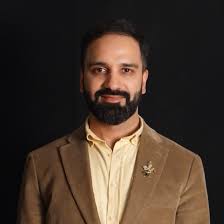
“Even before the amendments, PECA’s loose definitions allowed for censorship and arbitrary arrests,” said Usama Khilji, Director at Bolo Bhi. “Terms like ‘false information’ and ‘public mischief’ weren’t clearly defined, which gave authorities free rein.”
Dr. Shah Fahad Wazir, a legal expert from DRF, added:

“The law was supposed to protect, but it’s now being weaponized to silence dissent. Journalists are being treated as criminals simply for doing their job.”
In a 2019 submission to the Parliamentary Standing Committee on Human Rights, Bolo Bhi detailed how Section 20—designed to deal with individual defamation—was being misused to target criticism of state institutions. Similarly, Section 37, which grants the Pakistan Telecommunication Authority (PTA) the authority to block content, had been used to censor political websites without transparency.
These early warnings were ignored, setting the stage for more systemic abuse.
The 2025 Amendments: What Changed?
The 2025 amendments introduced several controversial elements:
-
Social Media Regulatory Authority: A new authority with the power to register platforms, investigate offenses, and prosecute cases through specialized tribunals.
-
Criminalization of Disinformation: Sharing ‘false information’ is now punishable with up to three years in prison and a fine of rupees two million.
-
Mandatory Registration: Social media platforms must register with the regulatory body or face bans.
Afzal Butt, President of the Pakistan Federal Union of Journalists (PFUJ), condemned these changes. “These laws are an attack on the free press. If they are not repealed, independent journalism in Pakistan will cease to exist,” he said. Butt further emphasized that the vague language in the amended PECA law opens the door for state censorship and selective targeting of journalists. “Instead of protecting journalists, the state is criminalizing them for doing their job,” he added. He urged the government to consult with media stakeholders and repeal the draconian clauses, warning that continued silence would embolden further repression. “These amendments are a direct violation of Article 19 of the Constitution, which guarantees freedom of expression,” he noted. “We have already seen an increase in harassment, raids, and online monitoring of journalists since the law was passed. The press is being considered as an enemy rather than a pillar of democracy.”
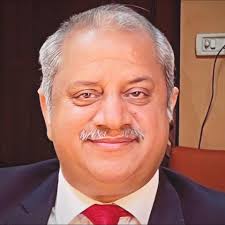
Nayyar Ali, General Secretary of the National Press Club, echoed this sentiment: “These laws are pushing Pakistan into an era of extreme media suppression. Journalists are no longer safe, either digitally or physically.” He added that the amended PECA provisions have created an atmosphere of fear where even factual reporting is viewed with suspicion. “We are receiving an increasing number of complaints from journalists about surveillance, intimidation, and pressure from authorities to alter or remove stories,” he said. Ali called for immediate judicial review of the law and warned that “if unchecked, these practices will isolate Pakistan from democratic norms and global press freedom standards.”
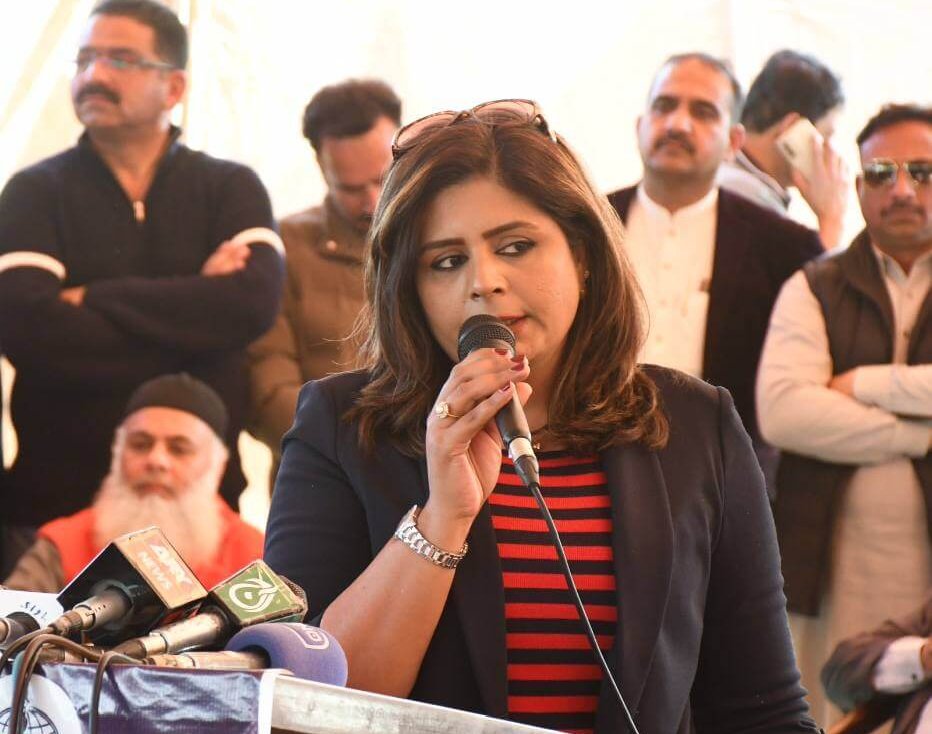
Impact on Journalistic Practice
Azhar Jatoi, President of the National Press Club Islamabad, said, “These amendments are nothing more than an attempt to stifle journalism under the guise of cybercrime regulation. Journalists now fear both digital surveillance and physical retaliation.” He explained that reporters covering sensitive topics like politics, corruption, or human rights are increasingly self-censoring to avoid legal consequences. “The fear of arrest under PECA has forced many to abandon critical stories altogether,” he said. Jatoi further noted that journalists working in remote or conflict-prone regions face double jeopardy — from both state institutions and local power brokers. “Instead of encouraging investigative journalism, the state is equipping itself with tools to punish it. This isn’t regulation; it’s repression,” he warned. He urged parliamentarians and civil society to step in before journalism in Pakistan becomes functionally paralyzed.
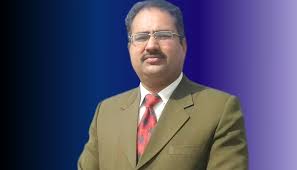
Digital journalists face unique challenges. Saddique Jan, a former journalist who served as the bureau chief of Bol News and is currently running a YouTube channel in Islamabad, shared, “As a digital journalist, every post I make feels like a potential threat to my freedom. It’s becoming harder to be a journalist and tell the truth without fear.”
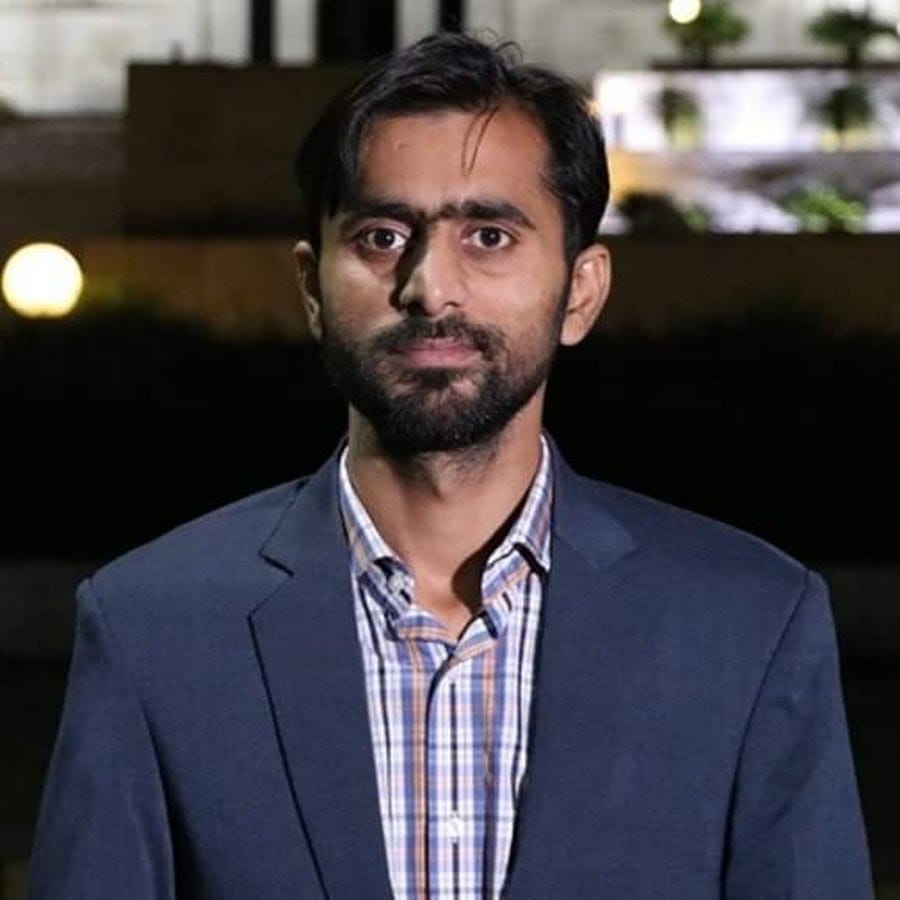
Nabeela Bangash, a female digital journalist with SNN News, said, “Being a woman in journalism is already hard. These laws make it worse. I’m always at risk of being accused of defamation or inciting unrest.”

Kiran Butt of The Khurasan Diary added, “The problem lies in PECA’s ambiguity—we don’t know where the line is drawn. Smaller outlets like ours are more vulnerable because we lack the legal resources to fight back.”

Soban Iftikhar Raja, a digital media producer at Urdu News, noted, “PECA is choking creativity and free speech. It’s a daily struggle to figure out what content is safe to post.”
Humanizing the Law’s Reach: Stories from the Frontlines
Farhan Malik – Arrested for Sharing a Video
In February 2025, Farhan Malik, CEO of Raftar, was arrested after posting a video critical of a senior official’s response to a public health crisis. “I was treated like a criminal. No notice, no process—just accusations. I now hesitate even with factual reporting,” Malik said.

Another journalist Waheed Murad, of Urdu News and Pakistani24, was abducted in March after exposing corruption in a government department. “I was taken in the middle of the night and held incommunicado. This is not about me—it’s about silencing those who expose the truth,” Murad said.
Sher Afzal Gujjar, CEO of Hazara Express News, faced a potential FIR under PECA after airing a press conference in which a family accused police of torture and coercion. Gujjar said, “the police have made this personal because I exposed them. PECA is being misused to intimidate and shut us down.”

Legal and Government Perspective
Lawyer Rashid Umar Olakh stated, “The broad and vague provisions of PECA have created an environment where any journalist can be accused of cybercrime without clear evidence. This undermines both press freedom and rule of law.”
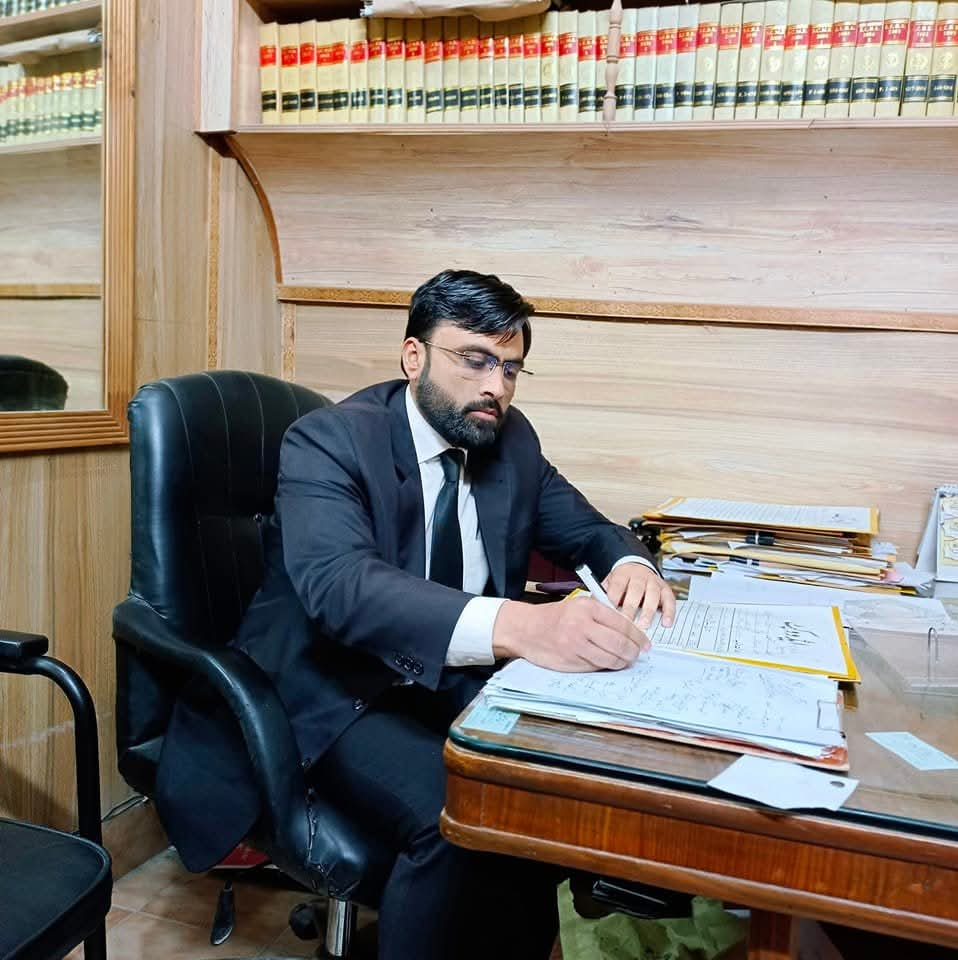
Information Minister Atta Tarar defended the law, saying, “The government is not against press freedom. However, we cannot allow the spread of fake news and digital propaganda. The amended PECA law aims to regulate social media responsibly while ensuring national security.”
The 2025 PECA amendments have deeply eroded press freedom in Pakistan. What was meant as a shield against cybercrime is now a sword hanging over journalists. With vague legal language, unchecked enforcement powers, and politicized application, the law is being used to intimidate, prosecute, and silence the press.
Unless there is urgent reform, journalism in Pakistan risks being reduced to state-approved speech—and the democratic promise of Article 19 will be little more than ink on paper.




Comments are closed, but trackbacks and pingbacks are open.